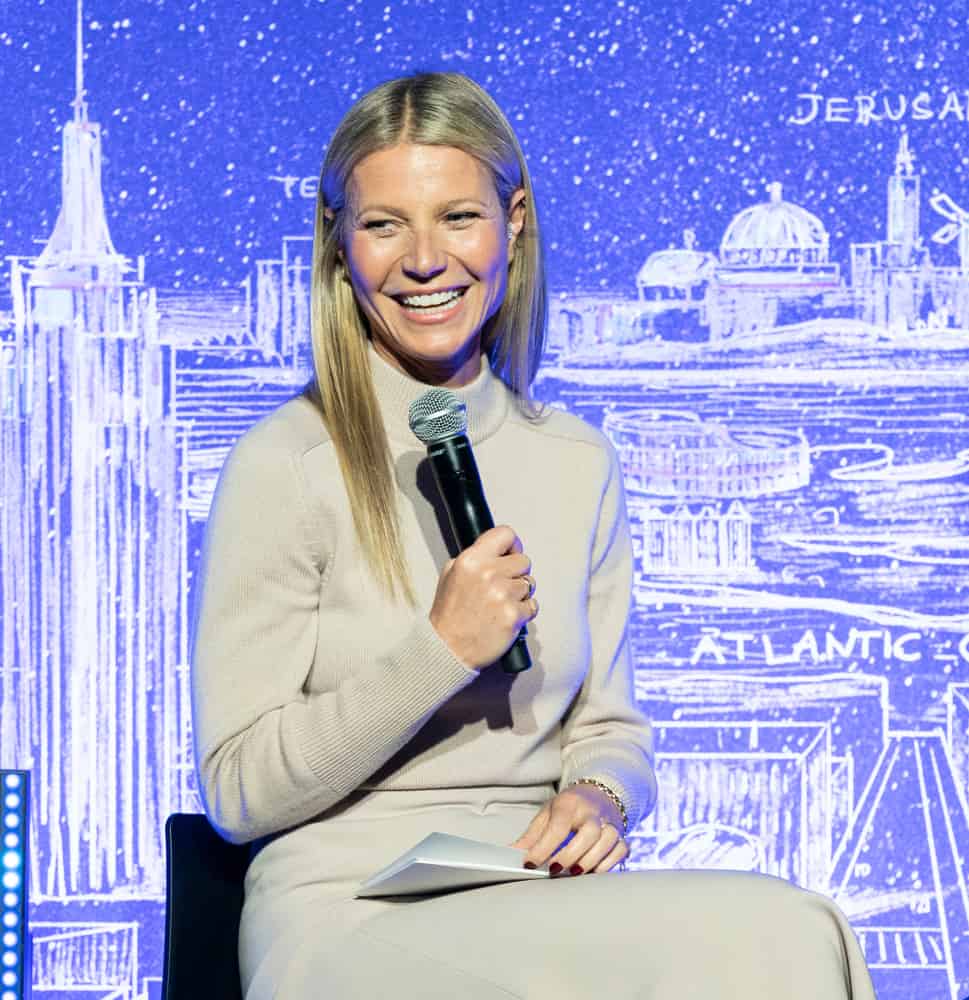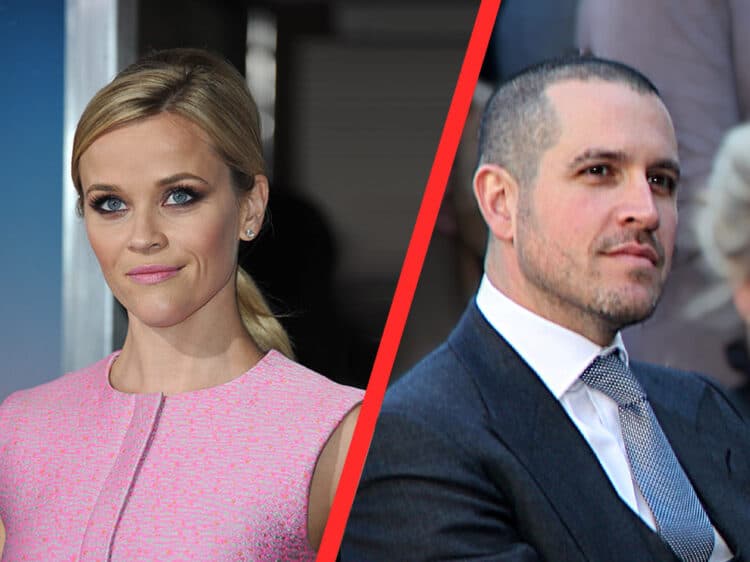Reese Witherspoon and Jim Toth announced in March that they would be divorcing after 12 years of marriage. While Hollywood split-ups are anything but rare, there was something refreshing about the way they announced their breakup to the world. In a joint statement, they expressed respect for one another, and gratitude for the years they spent together. Their words were calm and measured, lacking any sort of drama or bitterness.
“We have enjoyed so many wonderful years together and are moving forward with deep love, kindness and mutual respect for everything we have created together,” the two wrote in a post published on Reese’s Instagram account, which was later deleted. “Our biggest priority is our son and our entire family as we navigate this next chapter.”
The court documents reportedly included an agreement whereby Reese and Jim pledged to “behave with each other” and not to “speak badly of each other or the members of the family of the other parent.”
Their divorce, which was finalized last month, is just one of many Hollywood splits that have seen A-List actors take the high road (much to the chagrin of supermarket tabloids).
Shortly after Reese’s divorce, Hugh Jackman and his wife Deborra-Lee Furness announced they were divorcing after 27 years of marriage to “pursue our individual growth,” noting that they were undertaking the next chapter with “gratitude, love, and kindness.”
Other couples who have taken a “we’re still friends” tone with their divorce announcements include Ricky Martin and Jwan Josef, Billy Porter and Adam Smith, and Sofia Vergara and Joe Manganiello.
But let’s not forget Gwyneth Paltrow and Chris Martin, the OGs of amicable divorces, who famously announced their “conscious uncoupling” in a post on Goop in 2014. The term, originally coined five years earlier by therapist Katherine Woodward Thomas, was mocked at the time.
But despite the laughter, the idea of divorcing in the nicest way possible garnered a lot of attention. After all, if a breakup has to happen, shouldn’t you aim for one in which both partners remain respectful and refuse to villainize one another? One where you can platonically remain in each other’s lives long after you’ve ended your romantic partnership?
Still, there are those who are skeptical, those whose experience or perception of divorce is that scene we so commonly see in movies – a wife throwing the husband’s possessions out of a second story window, or a husband hiding away money to avoid splitting the couple’s assets equally.
…But it really doesn’t have to be that way.

Conscious uncoupling can lead to reduced stress
“Conscious uncoupling is absolutely possible; breakups don’t always end in deep wounds and resentment,” says David Wright, Ph.D., an associate professor emeritus in the school of Human Development and Family Science at the University of Georgia, and a former marriage and family therapist.
“In fact, breakups can lead to an escape from wounds and resentment, bringing relief, healing, and a reduction of stress.”
Wright says that just because two people split doesn’t mean they can’t continue to be in each other’s lives, or can’t be appreciative for everything the relationship gave them while it lasted.
“Sometimes it’s worth remembering that the former partner once played an important part in who you are. Even the negative aspects of the relationship may have helped you realize what is important to you.”
He says that if you have kids, conscious uncoupling can be a great thing for you, your ex-partner, and your children.
“If children are involved, nurturing the relationship in its new form can be beneficial in many ways,” he says, adding that children will likely continue to connect their parents over the years, including at weddings and graduations, whether the parents like it or not.
However, Wright says that although conscious uncoupling is possible for many people, partners should know that things can – and probably will – get messy at some point.

The path to personal growth though conscious uncoupling
“If a couple decides to remain in each other’s lives, they should know that things can get complicated. The consciousness and skills they used to uncouple will be called on again and again. Boundaries and negotiated rules help. Use kindness and empathy with each other, and don’t flaunt things that you know might be hurtful.”
Of course, some failed relationships are simply more difficult to heal from than others. Wright notes that if abuse was present in a relationship, conscious uncoupling isn’t the way to go.
But in other relationships, it can be a very healthy path to take, even if there’s underlying pain associated with the failed partnership.
“We can choose to put aside things that hurt so that we might achieve a better outcome; we can unhook from painful experiences if they’re holding us back.”
He says that even partners hurt by infidelity can succeed at conscious uncoupling.
“Often, cheating is a symptom of more fundamental fractures in the fidelity of a relationship, fractures co-created (or allowed to develop) by each partner. Identifying those fractures and the part we played in opening them can help us move past the hurt of the violation.”
Meanwhile, if you find yourself entering a new relationship after consciously uncoupling from your previous one, just remember that “Jerry Maguire” got one thing wrong – your partner can’t “complete” you.
“We’re responsible for our own completion. Other people can’t do that for us. If we expect them to, we’ll be disappointed in them. We might feel as though they’ve let us down, when in reality we’ve let ourselves down. That will likely fuel hurt and resentment.”
You might also consider taking Paltrow’s advice when it comes to appreciating your previous partner and your current partner simultaneously: “I know my ex-husband was meant to be the father of my children, and I know my current husband is meant to be the person I grow very old with. Conscious uncoupling lets us recognize those two different loves can coexist and nourish each other,” she wrote in an article for British Vogue.
Even in the best of situations, conscious uncoupling will take substantial effort from both sides. But if you manage to succeed, the hard work will have been extremely worthwhile.






